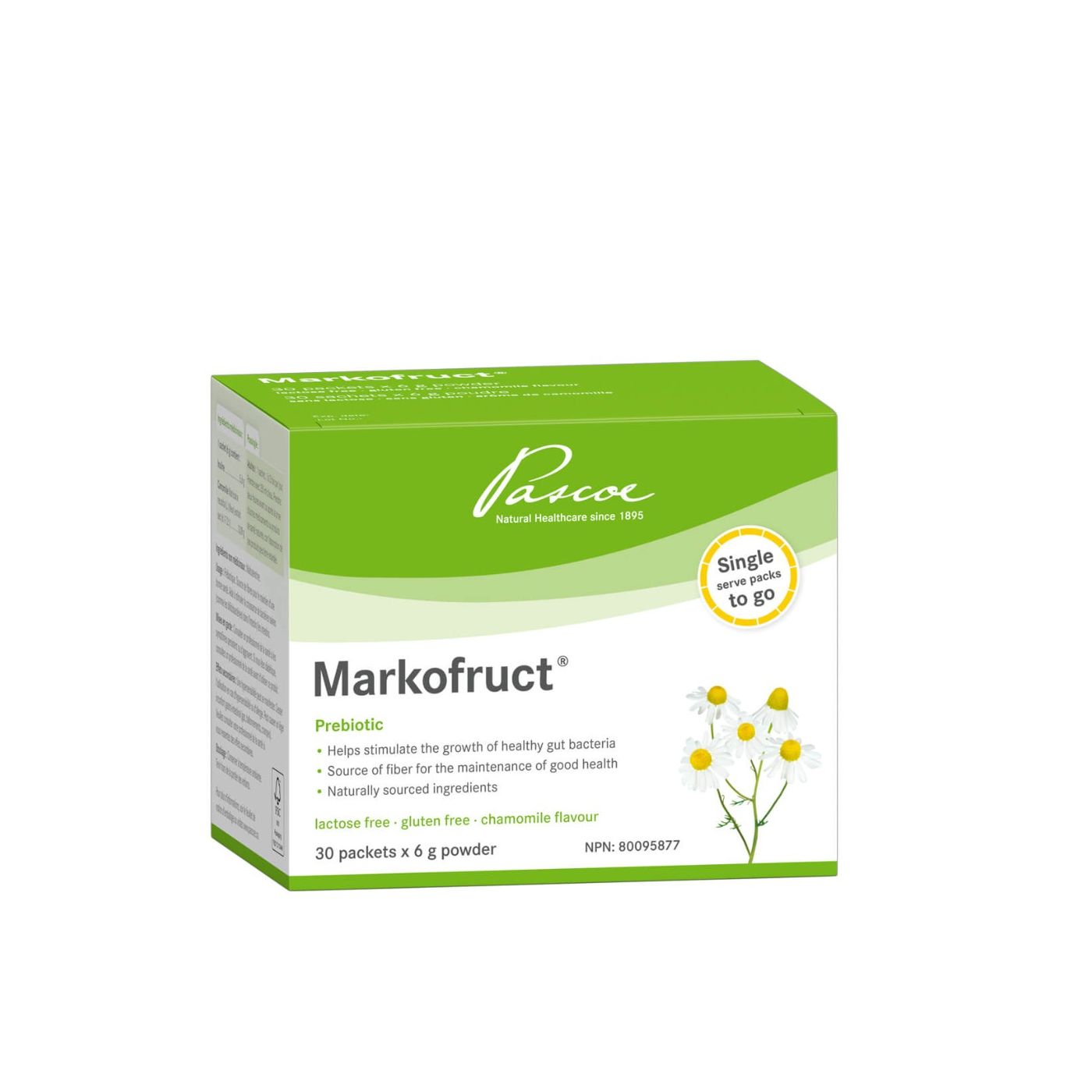Your Skin Is What You Eat!
Skin issues? Are you tired of trying different skin-care products? Wondering what products to trust when it comes to your skin? Trust your gut. Solution is in you with you.
Modern medicine has witnessed a significant increase in the number of autoimmune diseases discovered and diagnosed over the past few decades. And as the secrets of inflammation and the immune system are gradually uncovered, what becomes more apparent is how closely interconnected all the systems of the human body are. There’s a reason that certain skin conditions or dermatological lesions are the very first symptoms you might experience in autoimmune diseases. Eczema and atopic dermatitis are two relatively common skin conditions that show a lot of potential in both the prognosis of, and the probability of later developing inflammatory conditions. This is why it’s of paramount importance to take your skin health seriously. That harmless eczema might signal the beginning of something a lot more ominous. After all, prevention has always better than the cure.


The effects a single bacterium can have on your body:
When it comes to cosmetic products and dermatological products, there’s always a dichotomy in doctors’ opinions, with no real consensus about commercially available products. And if one tries to do a meta-analysis of the available data, one would end up even more confused, because of the paucity of data in the first place. However, what has become more evident over this past decade is how important the gut microbiome is in mediating inflammation and the immune system. In fact, recently, it has been proposed that higher levels of Bifidobacterium in the gut microbiome is one of the reasons that Covid-19 is usually milder in children. Imagine that, a bacterium affecting the levels of Interleukin-6, one of our immune system’s chemicals that worsens Covid-19. So, is it far-fetched that intestinal flora plays a role in skin conditions like eczema and acne?
Probiotics and the role of intestinal flora in maintaining health:
It’s disappointing to see how people are so quick to dismiss probiotics as a fad, when there is so much research and data linking gut health and skin health. While this does not mean that chugging probiotics will instantly cure that nasty acne, skin microbiome, irritating eczema or atopic dermatitis, it does mean that your gut microbiome will be more favorable towards maintaining healthy skin. Because as in the case of eczema or atopic dermatitis, there are certain genetic factors which predispose you towards developing these diseases, but similarly there are also acquired factors, which are under our control, such as a balanced microbiome and a good skincare routine that enables us to reduce the chances of falling prey to these illnesses as well.
Apart from the direct dermatological benefits, gut health also means that the complete process of digestion is optimized, and the chances of developing a leaky gut are reduced. A leaky gut has mucosal disruptions which lead to gut health being more prone to suffering from malabsorption, infections, and obstructions. The effects of gut health don’t end at the intestine. It leads to more optimized digestion and detoxification by the liver as well, which works as our body’s natural waste treatment plant, removing all harmful chemicals and redistributing fats. Apart from this, gut health has been theorized to affect multiple organ systems, ranging from reducing the accumulation of unwanted proteins in the brain, to helping in the formation of collagen and thereby leading to better wound healing.


The so called ‘good bacteria’ namely Lactobacillus and Bifidobacterium species are the commonest strains found in the vast majority of probiotic supplements. It is important to know the difference between prebiotic and probiotic products. Prebiotics are foods that the good bacteria in the gut thrive on, whilst probiotics are the beneficial gut bacteria strains themselves. So between the two, it is important to note that prebiotics are useless without probiotics. The importance of a gut health cannot be stressed enough. Apart from precipitating the mucosal factors that lead to a leaky gut, poor gut health can also lead to small intestine bacterial overgrowth or SIBO, which is caused due to the harmful bacteria multiplying and vastly outnumbering the healthy gut flora. It can be an extremely unpleasant experience with a vast array of gastrointestinal symptoms manifesting. The symptoms are like coeliac disease, presenting with diarrhoea, malabsorption, abdominal pain, associated skin conditions such as rosacea and atopic dermatitis, vitamin deficiencies etc.
How can probiotics help with eczema and other dermatological inflammation?
Since we live in an age where photograph filters and Instagram come preinstalled on mobile devices, it makes sense that even common dermatological conditions such as altered skin microbiome, eczema, acne, or rosacea are no longer chronic non-treatable conditions. But sadly, the mainstay of allopathic treatment in these cases are antibiotics and steroids, both of which have unpleasant side effects. So, when it is possible to reduce the chances of such skin conditions manifesting in the first place, why not go for it? Especially since the ingredients in such products are often completely organic, and usually GMO free, too. And the best part is that they don’t contain any pharmaceutical or cosmetic compounds in them, so there’s no risk of harm. However, it is always essential to ensure that you obtain such products from a reputable source, as there is no shortage of snake oil salesmen online these days, claiming to cure anything from colds to cancers.
There’s a wide array of legitimate probiotic and prebiotic products available, and those living with microbiome, eczema or atopic dermatitis would no doubt have wished after their diagnosis that they had actually prevented it in the first place. Because as always, the cornerstone of medicine is actually prevention. And as modern medicine continues to evolve towards a holistic approach, the role of a healthy gut microbiome in overall health has resulted in many hospitals including probiotics as part of the meals served to their patients.
Whilst some dermatologists themselves are loathed to admit that certain foods promote acne or atopic dermatitis, the concept of having an episode of a ‘breakout’ is experienced by many after consuming certain foods, most often dairy products. This further strengthens the concept of a gut-skin axis affecting the health of both these organs. A good gut health leads to healthy skin. After all they’re both amongst the largest organs in our body, it makes sense that they influence each other. And it adds up then, that you are what you eat. Or at least, your skin is.


